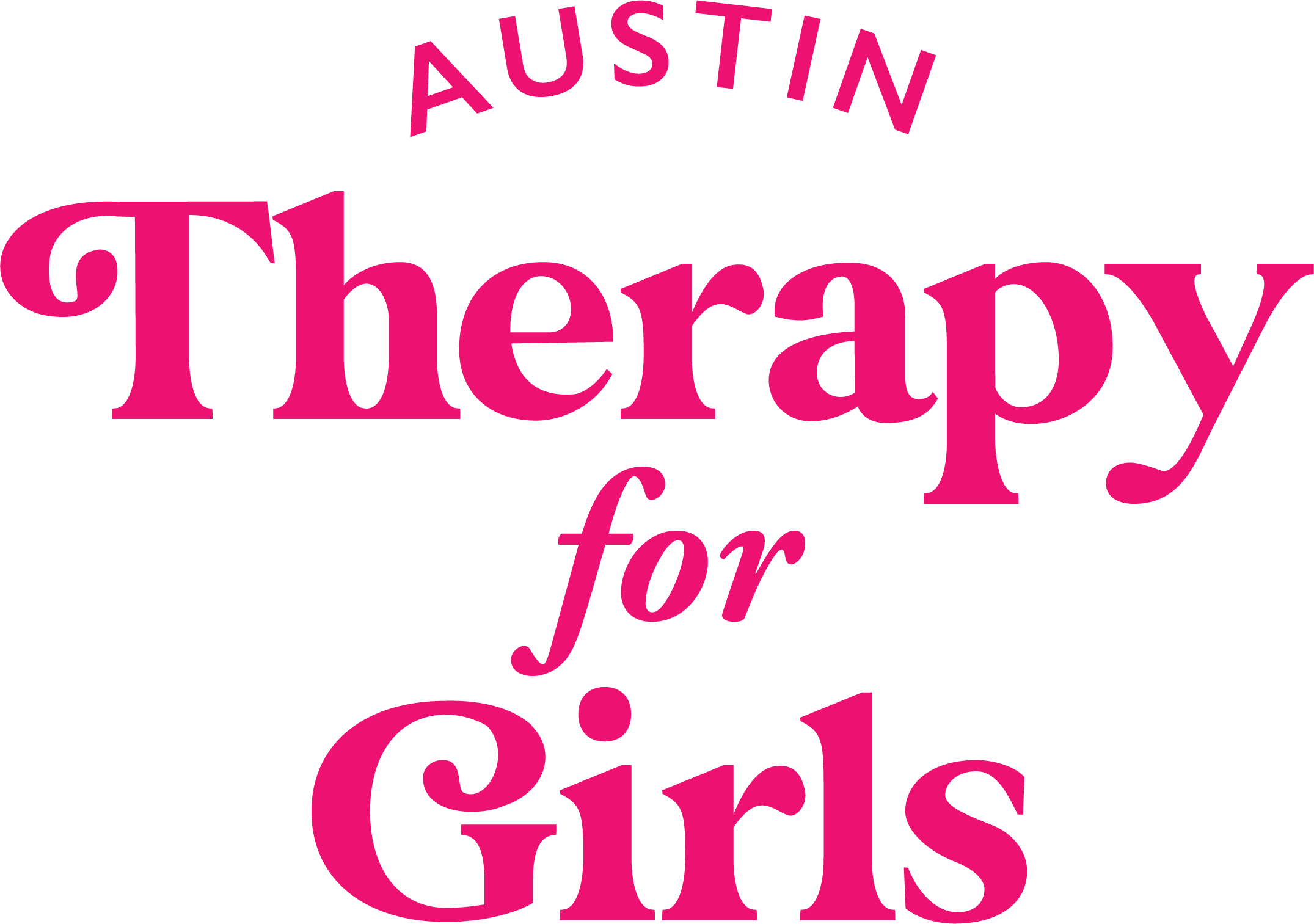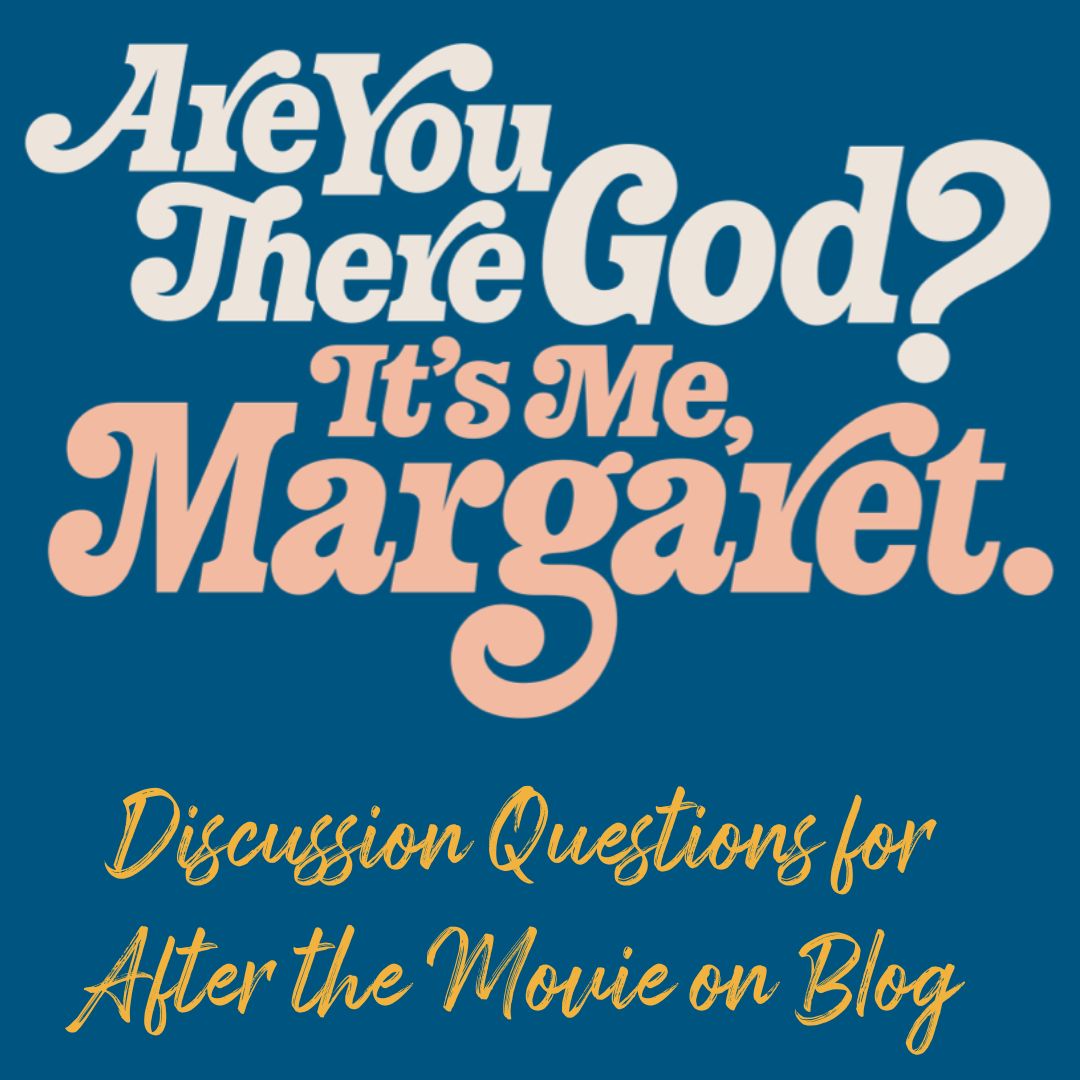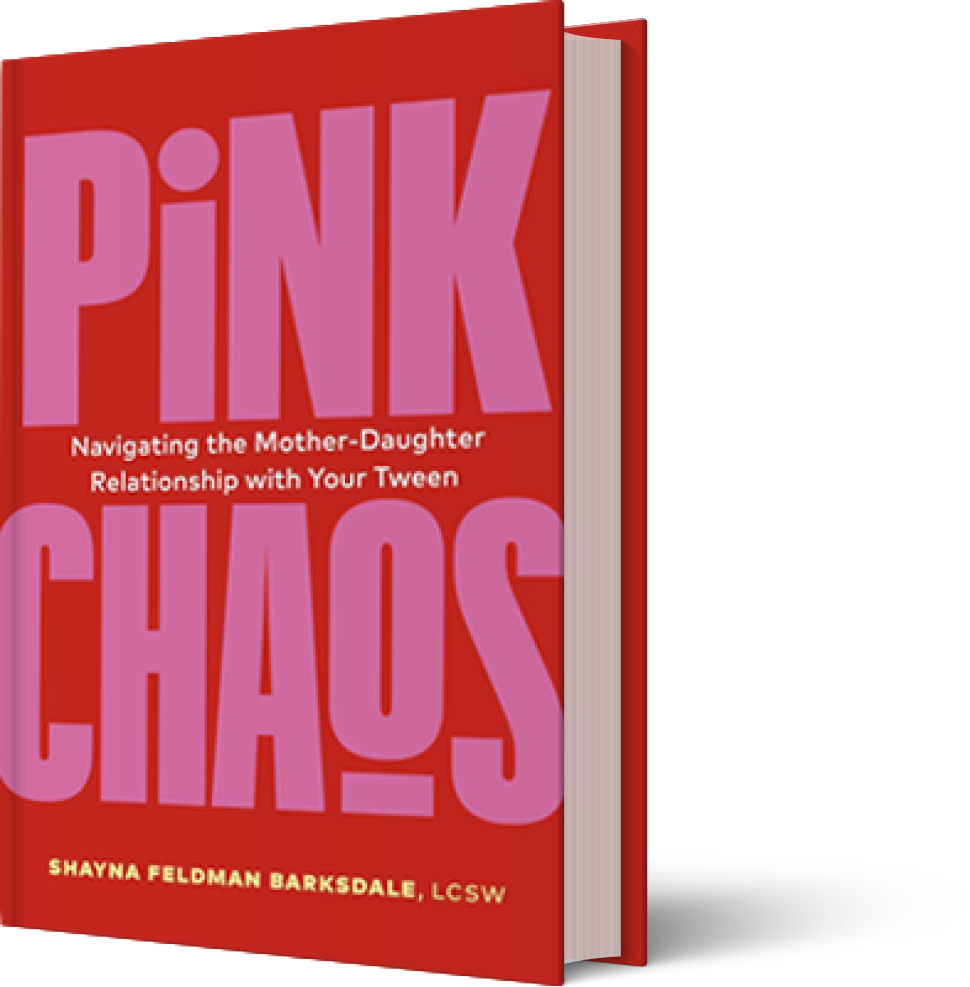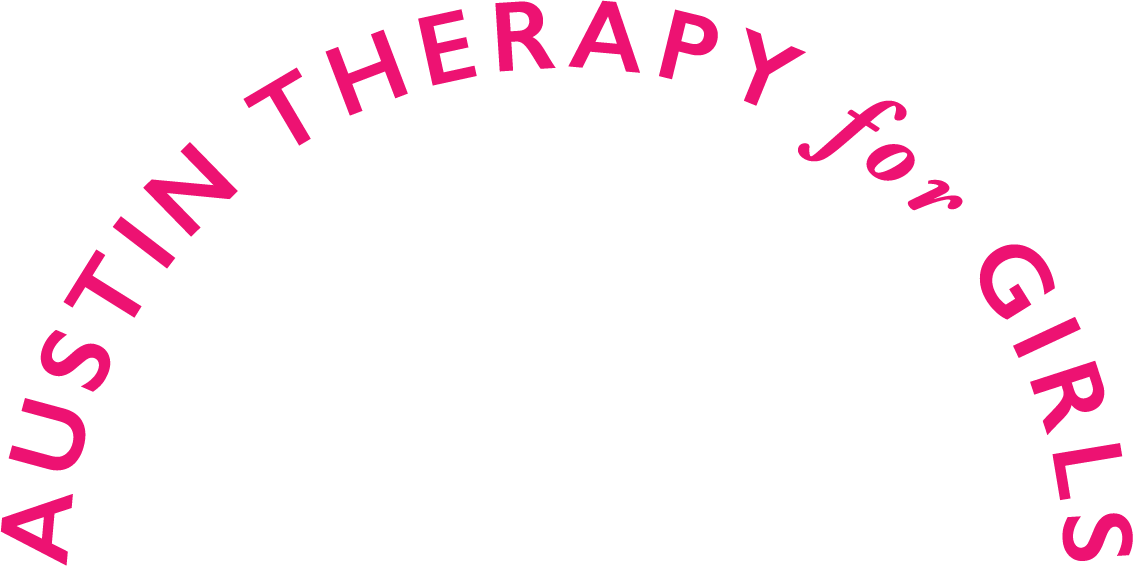Discussion questions for Are you There God? It’s Me, Margaret
We are soo excited to have a guest blogger today, one of our favorite young adults is helping us review this super cool movie.
In an ever-changing world full of new technological and social challenges, an author as timeless as Judy Blume proves her relevance to female audiences of all ages.
Though written in 1970, the message within Blume’s novel, Are You There God? It’s Me, Margaret, remains an iconic example of what coming-of-age stories are supposed to be, and the film adaptation is no exception. Margaret rarely strays from her so admirable authenticity as she explores her definition of femininity, giving her viewers every chance to relate to her.
From the very beginning of the film, Margaret’s discovery of her parents’ decision to move out of New York City and to the quiet suburbs of New Jersey felt much like a move I made from Los Angeles to Austin, around the same age that Margaret was. There is no sugarcoating just how awkward the abrupt transition from elementary to middle school is, and that increasing awareness of the changes to our bodies that puberty brings seems to explode out of nowhere around the sixth grade. I can honestly say without a doubt in my mind that my middle school had its own version of “we must, we must, we must increase our bust!”.
The competitive nature of middle school tends to bleed into the development of our bodies, specifically for girls, whose physical standards have always been magnified. I found myself in awe by how perfectly Judy Blume portrays the anxiety surrounding first periods and training bras. I can recall the first time I talked to my own mother about when she got her first period, and being just as disappointed as Margaret to learn that I might be a late bloomer, after all. I remember doing research on how to speed up the arrival of my period and begging a higher entity to just make it happen faster.
Margaret’s own turn to religion as a means to escape her reality is something that stuck with me, as well. Her relationship to her parents on the surface appears to be quite simple, as they all treat one another kindly and appear to get along. Blume takes a closer look at Margaret’s relationship to her mother, which almost comes across as “overly” supportive. It became clear to me early on that Margaret’s mother, Barbara, so desperately wants to avoid becoming like her own parents, so instead she grants Margaret the freedom to choose the direction she takes her relationship with religion.
I grew up listening to my own mother tell me how she would never end up like her mother, but I think that mindset also taught me that a complicated mother-daughter relationship is (more or less) normal. Margaret’s version of normal became never getting to meet her grandparents on her mother’s side, which she had attached to religion.
Her mother, being raised Christian, and her father, being raised Jewish, set up a unique religious background for Margaret to explore, so she understandably took to experimenting. When neither religious option “felt right”, she began to internalize the turmoil between her parents’ families as being her fault. Watching as Margaret becomes an object for which different members of her family attempt to dictate (even gently) reminded me just how impressionable young girls are, even without family struggles.
Watching young girls compare themselves to one another and debate the meanings of the developments they continue to endure did allow me to do some reflection, as well. When I was in middle school, my biggest concerns were who my biggest crush was on and what concealer would be best to cover up my acne. Had I also been confronted with my own relationship to my mother and how religion has personally shaped my family, I can only imagine how I might’ve turned out.
So allow Are You There God? It’s Me, Margaret’s timelessness to serve as a reminder that even though the world may look different now, these same feelings as we navigate girlhood, puberty, and worst of all, MIDDLE SCHOOL, still exist, and knowing others go through the same might be exactly what we all need to hear.
Discussion questions for a deeper dive into Are You There God? It’s Me, Margaret
What stood out to you about this movie?
What did you like/unlike about Margaret’s character?
What pressure do you feel about your body and any changes you’re experiencing?
Have you ever had a rumor spread about you? How did you handle it?
Depending on age, what is your biggest fear about middle school, high school, college, transitions? If you already survived middle school, what was the hardest part for you?
How do you think Margaret felt about her grandparents’ argument over her religion? Why did she react the way she did?
Vulnerable moment: tell about the time you started your period and if you haven’t started it yet, what questions do you have about your monthly cycle?
For more information about puberty myths check out Sarah’s blog












